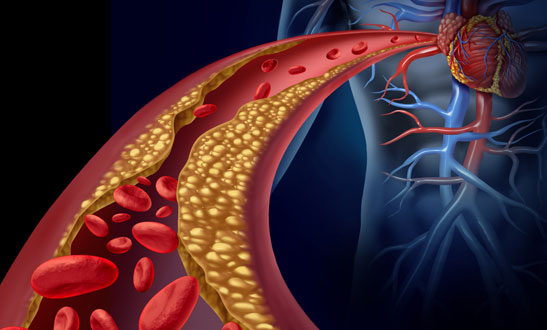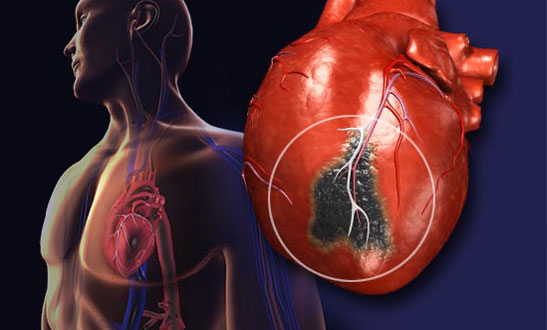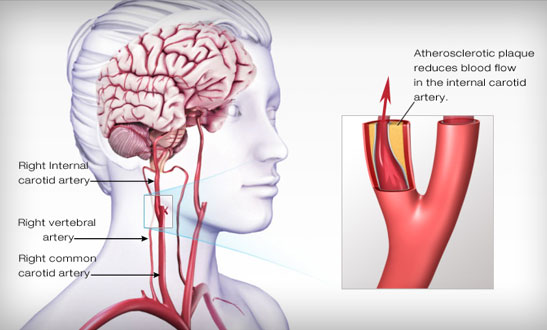General Info
Things You Need to Know
Angina
Angina is a chest pain or discomfort that occurs if an area of your heart muscle does not get enough oxygen-rich blood from one or more arteries. This pain may feel like pressure or squeezing in your chest or can occur in your shoulders, arms, neck, jaw or back. Angina is not a disease but it is a symptom of an underlying heart problem, usually a person who is having a heart attack.
If you suffer from severe chest pain then you should call an ambulance or go straight to a nearby hospital or clinic to seek urgent medical attention.


Heart Murmur
A heart murmur is an extra or unusual sound heard during a heartbeat. Murmurs range from faint to very loud. Usually a murmur can be heard using a stethoscope placed over the chest of the patient.
There are two types of heart murmurs:
- Innocent heart murmur: common in healthy individuals and are not related to heart problems
- Abnormal heart murmur: related to a structural heart defect or a defective valve.
Atherosclerosis
Atherosclerosis is a disease in which plaques (waxy substance) builds up in any arteries of the body such as, heart, brain, arms, legs, pelvis and kidneys. Arteries are blood vessels that carry oxygen-rich blood to your heart and other parts of the body. Plaque is made up of fat, cholesterol, calcium and other substances found in the blood. Over time, plaque hardens and narrows your arteries which in turn limits the flow of oxygen-rich blood to your organs and other parts of the body.
The outcome of atherosclerosis in the heart or brain arteries could lead to serious problems such as heart attack, stroke or even death.


Heart Attack
A heart attack occurs if the flow of oxygen-rich blood to a section of heart muscle is cut off, due to a blocked artery. If the blockage is not detected and treated on time, the portion of heart muscle fed by that artery begins to die. Healthy heart tissue is replaced with scar tissue as shown in the picture by the dark area. Heart damage may cause severe or long-lasting problems.
Stroke
Carotid artery disease (shown in the picture) is a disease in which a waxy substance called plaque builds up inside the carotid arteries. If blood flow to your brain is cut off, due to a blocked carotid artery, a stroke also called a ’brain attack’ can occur. A stroke can cause long lasting brain damage, long term disability, such as vision or speech problems, paralysis (inability to move) or even death.

Angina
If you suffer from severe chest pain then you should call an ambulance or go straight to a nearby hospital or clinic to seek urgent medical attention.
Heart Murmur
There are two types of heart murmurs:
- Innocent heart murmur: common in healthy individuals and are not related to heart problems
- Abnormal heart murmur: related to a structural heart defect or a defective valve.
Atherosclerosis
The outcome of atherosclerosis in the heart or brain arteries could lead to serious problems such as heart attack, stroke or even death.
